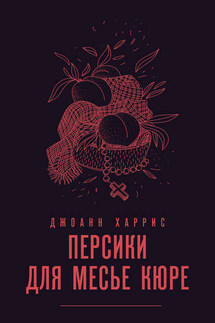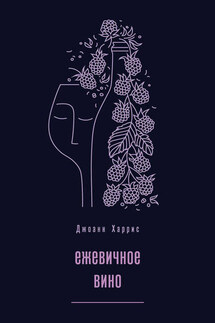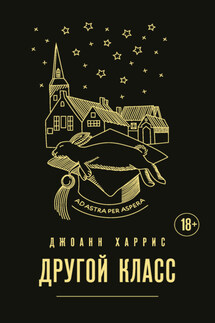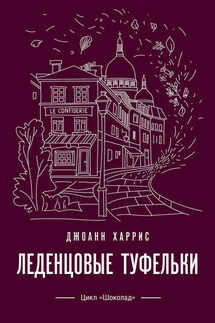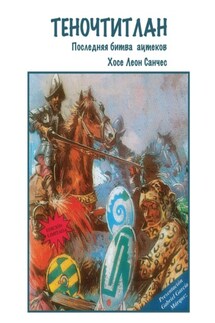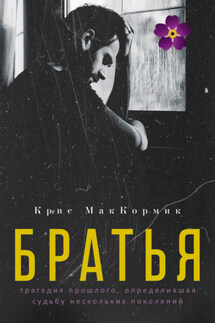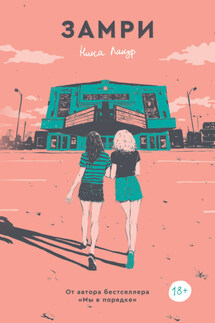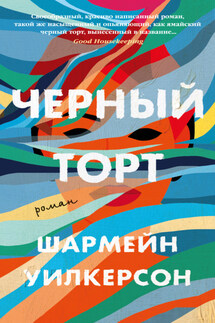Five Quarters of the Orange / Пять четвертинок апельсина - страница 3
Martin Dupré. Jean-Marie Dupré. Colette Gaudin. Philippe Hourias. Henri Lemaître. Julien Lanicen. Arthur Lecoz. Agnès Petit. François Ramondin. Auguste Truriand. So many people still remember. So many people with the same names, the same faces. The Families have stayed here, the Hourias, the Lanicens, the Ramondins, the Duprés. Sixty years later they still remember, the young coached in casual hatred by the old.
There was some interest in me for a time. Some curiosity. That same house. Abandoned since she left it, that Dartigen woman, I can’t quite remember the details, madame, but my father-my uncle-Why had I bought the place, anyway, they asked? It was an eyesore, a black spot. The trees that were still left standing were half rotten with mistletoe and disease. The well had been concreted over, filled in with rubble and stones. But I remembered a farm neat and thriving and busy, horses, goats, chickens, rabbits… I liked to think that perhaps the wild ones that ran across the north field might be their descendants, occasionally glimpsed patches of white among the brown. To satisfy the curious, I invented a childhood on a Breton farm. The land was cheap, I explained. I made myself humble, apologetic. Some of the old ones viewed me askance, thinking, perhaps, that the farm should have stayed a memorial forever. I wore black and hid my hair beneath a succession of scarves. You see, I was old from the beginning.
Even so, it took some time for me to be accepted. People were polite but unwelcoming, and because I am not of a naturally social disposition-surly, my mother used to call it-they remained so. I did not go to church. I know how it must have looked, but I could not bring myself to go. Arrogance, perhaps, or the kind of defiance that led my mother to name us after fruit rather than the Church’s saints… It took the shop to make me a part of the community.
It began as a shop, though I had always intended to expand later. Three years after my arrival, and Hervé‘s money was almost gone. The house was livable now, though the land was still virtually useless: a dozen trees, a vegetable patch, two pygmy goats and some chickens and ducks-clearly it would be some time before I could make a living from the land. I began to make cakes and to sell them-the brioche and pain d’épices of the region as well as some of my mother’s Breton specialties, packets of crêpes dentelle, fruit tarts and packs of sablés, biscuits, nut bread, cinnamon snaps… At first I sold them from the local bakery, then from the farm itself, adding other items little by little: eggs, goat’s cheeses, fruit liqueurs and wines. With the profits I bought pigs, rabbits, more goats. I used my mother’s old recipes, working most often from memory, but consulting the album from time to time.
Memory plays such strange games; no one in Les Laveuses seemed even to remember my mother’s cooking. Some of the older people even said what a difference my presence had made; the woman who was here before was a hard-faced sloven. Her house reeked, her children ran barefoot. Good riddance to her, to them. I winced inwardly but said nothing. What could I have said? That she waxed the floorboards every day, made us wear felt over-slippers in the house so that our shoes would not scuff the floor? That her window boxes were always brimming with flowers? That she scrubbed us with the same fierce impartiality with which she scrubbed the steps, Indian-burning our faces with the flannel so that we were sometimes afraid we might bleed?
